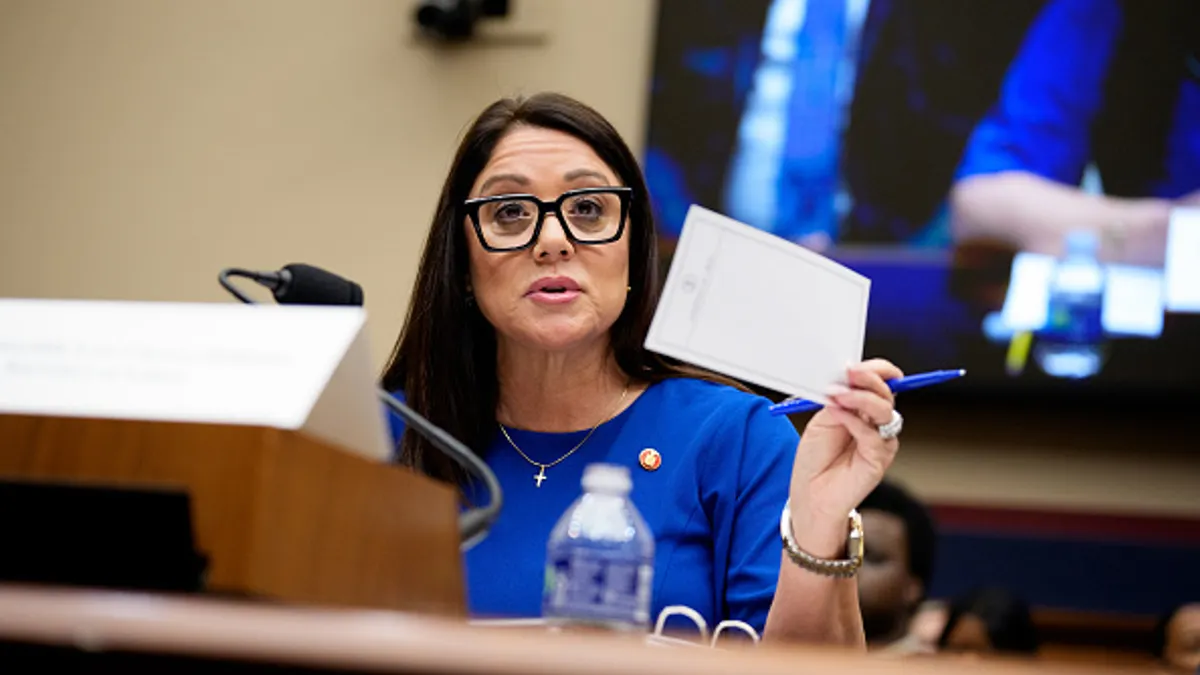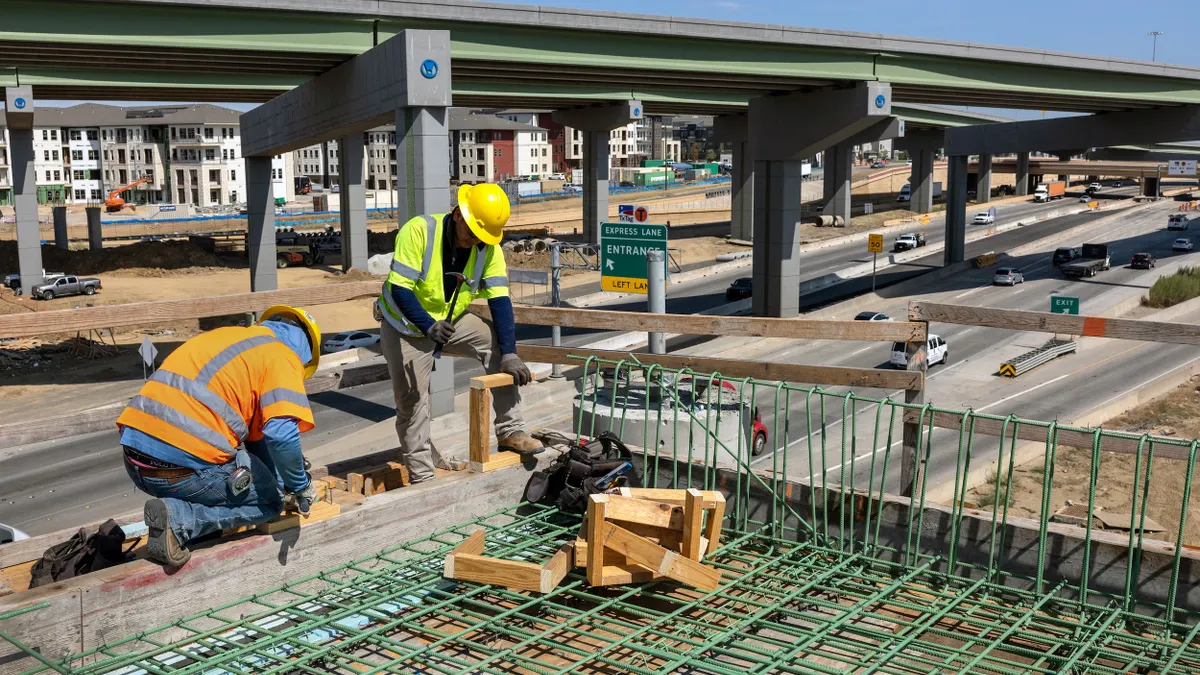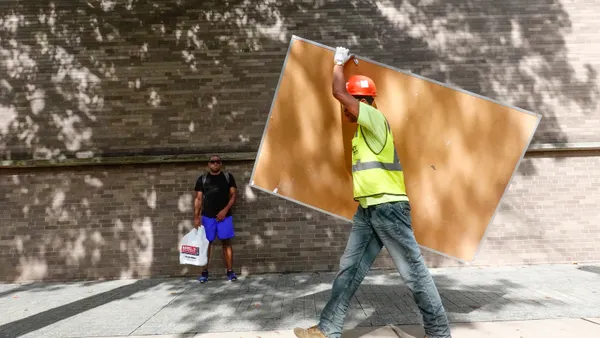Proposed legislation requiring businesses to provide paid leave to workers affected by the coronavirus pandemic has drawn sharp criticism from the Associated General Contractors of America, which called it “at best problematic, and at worst unworkable,” in a letter yesterday to the Senate's leadership.
The plan would be so devastating to the construction industry that it might lead to mass layoffs, employer bankruptcies and supply chain issues that could delay the construction of medical and emergency facilities, according to a letter that AGC Vice President of Government Relations Jimmy Christianson sent to Senate leaders.
The mandate comes at a time of “extreme economic uncertainty among so many small business employers already exposed to cash-flow difficulties,” he noted.
The bill, co-sponsored by six Democrats, was passed by the House of Representatives Saturday and updated last night. It was sent to the Senate this morning.
The bill mandates paid leave at a rate of at least two-thirds an employee’s regular rate for the next 10 weeks to workers caring for a child whose school or day care has been shut. The provision applies to companies with 500 or fewer employees; these businesses would be reimbursed for the paid leave costs via quarterly tax credits.
Christianson’s letter noted that 90% of the construction industry's 700,000 firms are small businesses of 20 or fewer employees that depend on reliable cash flows to meet payroll and project needs.
“AGC recommends that the federal government — not construction employers — is best equipped to administer and front compensation for COVID-19-related illness leave,” he wrote. “Federally-backed agencies and programs could provide the financial security and economic resiliency for both employers and employees to endure through this crisis.”
'Bad details'
House members revised the plan last night following pressure from small business groups including AGC that are worried about the costs. Under the new language, quarantined employees and those who are caring for a family member affected by the virus aren’t eligible for the additional 10 weeks of leave as mandated in the original version of the bill. The legislation also makes coronavirus testing free and increases access to food assistance to those who need it.
AGC Vice President of Public Affairs and Strategic Initiatives Brian Turmail told Construction Dive that the bill has the right intentions but “a lot of bad details” and comes at a time when contractors are dealing with their own challenges related to the coronavirus pandemic.
The group does not have an issue with the bill's granting of paid leave for workers, Turmail said, but in the way it’s being rolled out.
“We’re at a point where cash reserves among businesses are dwindling rapidly,” he said. “We see this provision as inadvertently setting off a lot of layoffs and bankruptcies for firms before the government gets around to reimbursing them.”
Businesses with fewer than 50 workers may be eligible for exemptions under rules to be developed by the Labor Department, according to The Wall Street Journal. Nevertheless, the legislation will impact a large percentage of U.S. construction firms, whether they employ a handful of employees or 500, Turmail said.
“While smaller and medium-sized firms theoretically have fewer cash reserves, larger firms have more employees that could be affected,” he said.
Other considerations
In the letter to Senate leaders, Christianson also asked for legislators to consider the following.
- Requiring federal agencies and state/local agencies utilizing direct federal and federal-aid construction funds to continue payments to contractors for one year — in spite of any work delays — to ensure such employers can maintain cash flows to pay employees’ salaries and benefits, and their subcontractors, especially small businesses. Payments made for work not completed would cover future performance of that work.
- Ensuring that the multiemployer pension system — with its millions of retirees, active participants and thousands of contributing employers — has the tools and resources to weather the economic impact of the pandemic.
- Passing a three-month cancellation of all payroll taxes to further ensure construction employers can meet payroll demands, avoid mass layoffs and the real threat of bankruptcy imposed by this crisis.














